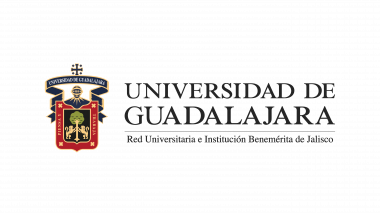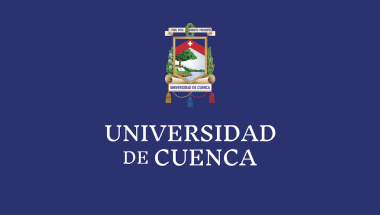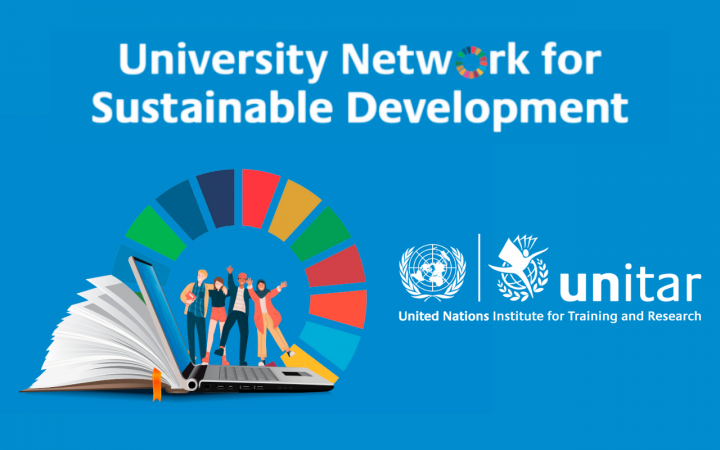Welcome to the University Network for Sustainable Development, a platform about learning, exchanging, and partnering to be SDG learners today and SDG leaders tomorrow!
The Sustainable Development Goals (SDG) are the blueprint to achieve a better and more sustainable future for everyone. Pursuing the quest of SDGs is a common global effort, and universities are unquestionably actors in order for the SDGs to materialize in the future.
The Network allows universities joining to be informed about other universities’ achievements on SDGs learning activities, to create partnerships among one another, as well as with UNITAR, while improving their educational system with exclusive access to official UN learning material, documentation and resources around SDGs and Sustainable Development.
Secure your place and join the University Network for Sustainable Development by sending an email to nyo@unitar.org.

Sustainability is the greatest challenge of this generation and Unicamp promotes the SDG in the spheres of research, extension and management administration of its campuses. As the second largest university in the State of São Paulo, Unicamp exerts induction and impact on the surroundings of its campuses, in order to directly reach the community.
In the health area, Unicamp has medical and hospital care programs that serve more than 6 million people a year, directly in line with SDG 3. Considering the moment of pandemic caused by Covid-19, the Unicamp Solidarity Campaign aligned a university to the SDG 2, with the objective of collecting financial donations that are transformed into basic food baskets for a vulnerable population.


The University of Cuenca is an academic community, with its own legal status, academic, administrative, financial and organic autonomy, public law, secular, non-profit, pluralistic and open to all currents and forms of universal thought, funded by the State and is part of the Higher Education System of Ecuador.
It is a public university of teaching and research, whose mission is to train professionals and scientists committed to improving the quality of life, in the context of interculturalism and in harmony with nature. The University bases its capacity to respond to the scientific and human challenges of the times on academic quality, creativity and innovation, and to fulfill its commitment to the construction of an equitable, supportive and efficient regional, national and international society.




